 |
 |
 |
 |
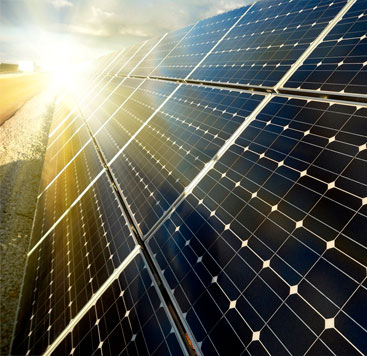 |
 |
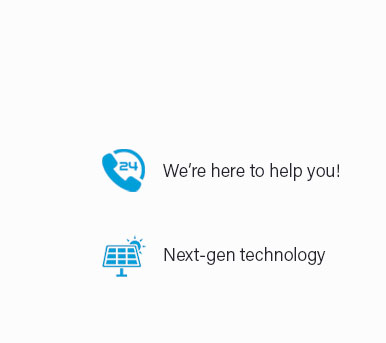 |
 |
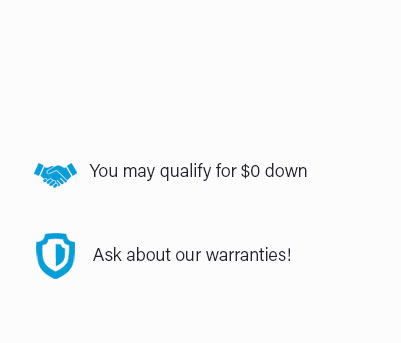 |
 |
 |
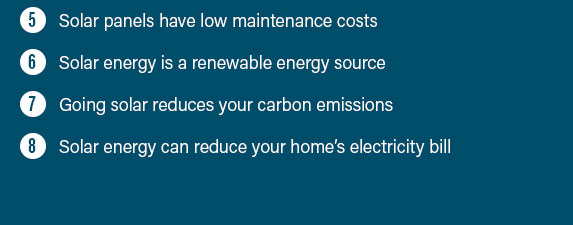 |
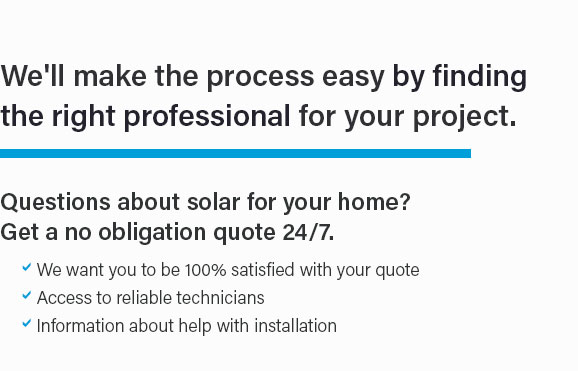 |
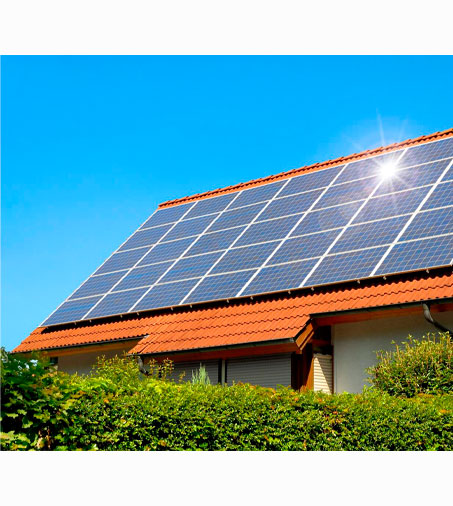 |
|
 |
 |
 |
Install Solar Panels on My House: A Comprehensive GuideWhy Consider Solar Panels?Installing solar panels on your home is a powerful way to reduce your carbon footprint and save on energy bills. With the decreasing cost of solar technology, it has become more accessible than ever. Moreover, the potential to generate your own electricity can provide independence from the grid. Environmental BenefitsSolar panels contribute significantly to environmental conservation. They reduce reliance on fossil fuels and help in mitigating climate change by lowering greenhouse gas emissions. Financial IncentivesThere are numerous financial incentives for homeowners. Tax credits, rebates, and incentives can significantly reduce the upfront cost. Researching local programs can provide additional savings. Choosing the Right Solar PanelsSeveral factors influence the choice of solar panels for your home. It's important to consider the efficiency, warranty, and overall cost. Types of Solar Panels
Consulting with professionals such as solar installers in Georgia can help in selecting the appropriate type for your specific needs. Installation ProcessThe process of installing solar panels involves several steps, from assessing your roof's suitability to connecting the system to your home's electrical grid. Site AssessmentAn assessment determines if your roof receives adequate sunlight and is structurally sound. It's a crucial first step in the process. Installation Steps
Professional services, like those from solar installers Kansas City, ensure that the installation is done safely and efficiently. Maintaining Your Solar PanelsProper maintenance is key to ensuring the longevity and efficiency of your solar panels. Regular CleaningKeeping the panels clean is important for optimal performance. Dust, debris, and bird droppings can affect efficiency. Monitoring System PerformanceUtilize monitoring tools to track energy production and detect any issues early. Many systems come with apps or online dashboards for this purpose. FAQHow long does it take to install solar panels?The installation process typically takes one to three days, depending on the system size and site specifics. Can I install solar panels myself?While technically possible, it's recommended to hire professional installers to ensure safety and compliance with local regulations. What is the lifespan of solar panels?Solar panels typically last between 25 to 30 years, with many manufacturers offering warranties of 20 to 25 years. https://us.sunpower.com/solar-resources/my-house-good-candidate-solar-panels
Solar panels should be installed on roofs that are in good condition and will not need to be replaced in the near future. Considering that your savings from ... https://consumer.georgia.gov/solar-power-your-home
If you use a solar panel system also called a photovoltaic or PV system to produce electricity, you buy less electricity from the utility company and enjoy ... https://eec.ky.gov/Energy/News-Publications/Pages/Residential-Rooftop-Solar-Resources.aspx
Solar panels can be installed grouped together on a large and uninterrupted portion of a roof. The panels require ...
|